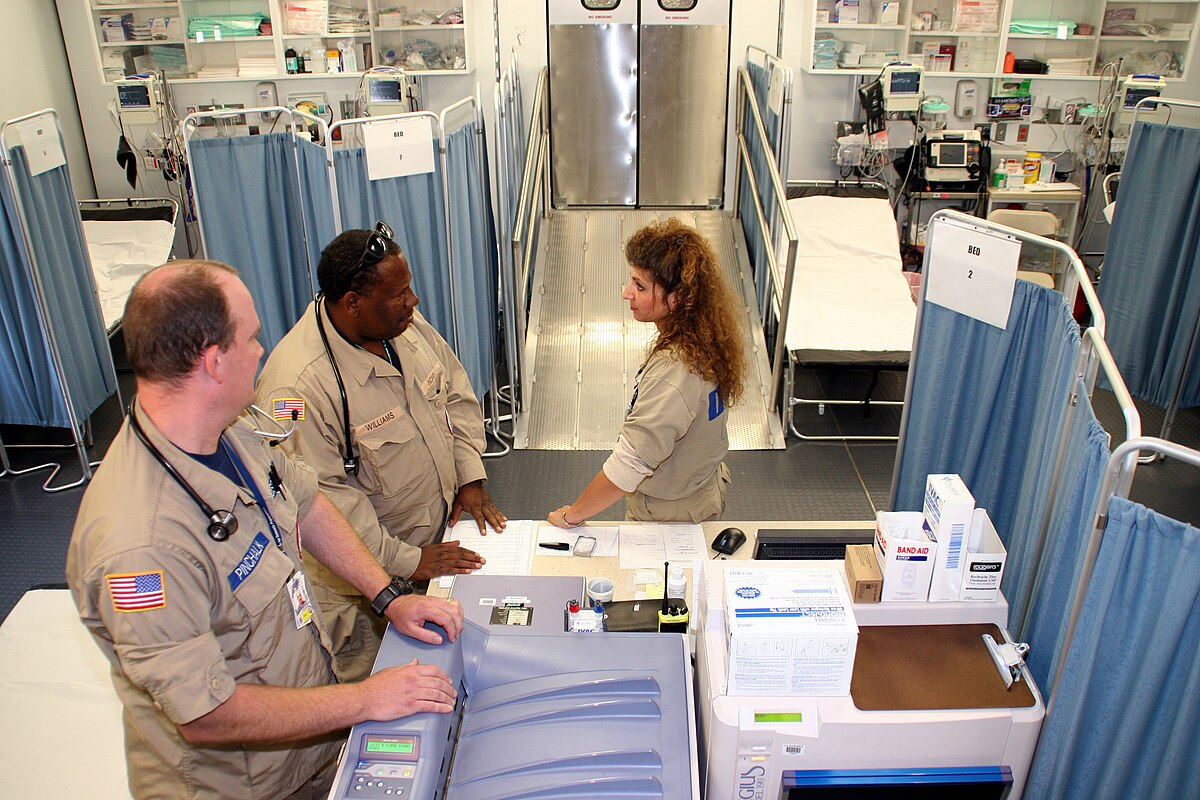
In the realm of education and its relationship with religion, or all of the beliefs and practices related to spiritual and sacred concerns in life, America presents an intriguing landscape. It is often regarded as a nation where educational opportunities are readily accessible through its extensive public school systems. However, one cannot help but wonder if the sociological concept of secularization theory applies uniformly across this diverse and dynamic country. In this blog, we will delve into the notion of secularization theory and examine its applicability to modern American society, questioning whether the entire nation aligns with the predicted course of behavior of society.

Secularization theory is a sociological theory that states that societies will inevitably evolve toward a more secular structure and deviate from a dependency on religion. This theory implies that over time, society will naturally become less religiously affiliated and influenced, particularly in regions with ample resources, such as financial wealth and educational opportunities. A key figure in the exploration of society’s relationship with religion, as influenced by access to resources and education, was the renowned sociologist Max Weber. In his seminal work, The Protestant Ethic and the Spirit of Capitalism, Weber drew a compelling connection between religion, the economy, and human behavior in society. He argued that Protestant societies demonstrated a unique ability to progress toward a capitalistic structure because their religious ideals aligned with behaviors conducive to work ethic and the development of a capital-based society.
Throughout its history, America’s national identity has been intricately interwoven with a diverse tapestry of religions practiced by its various societal members. The early chapters of American history, marked by the presence of Indigenous peoples and tribes, were rich in the multiplicity of religious and faith beliefs, ranging from animism, a form of religion that believes in the ability of non-human entities to have spiritual and divine power, to polytheism, a form of religion where members believe in and worship more than one god or God. However, as time unfolded, American society transformed, increasingly influenced by various Christian denominations brought by European settlers, as well as a fusion of other faiths from the myriad of cultures that have contributed to the nation’s religious landscape. This historical context sets the stage for understanding the complex relationship between religion and secularization in modern American society.
In the pursuit of a complete separation between religion and society, particularly within the realm of education, one finds that this ideal rarely achieves total fruition. The coexistence of private, religious education institutions and the public school systems underscores the contrasting realities created by varying access to resources, such as financial funding, school supplies, and teaching staff. In modern society, various aspects of the service sector, the sector of the economy that provides services such as education, health care, and government, have become interrelated with various religious ideological principles and ideals. These disparities can inadvertently perpetuate stereotypes and social narratives, contributing to the persistence of inequality within the educational landscape. Moreover, governments at all levels, from local to national, have grappled with moments where religion becomes entwined with policy decisions. Historically, political candidates have often had to align themselves with certain faiths to enhance their chances of being elected and appointed into office, illustrating the enduring influence of religion on the nation’s political landscape while concurrently stigmatizing other belief systems. The intricacies of these relationships between religion, education, and politics in America are central to our exploration of the applicability of secularization theory in modern American society.

When we apply secularization theory to our understanding of modern America, a paradox emerges. While the nation has advanced over time, becoming increasingly interconnected with valuable resources like educational institutions and the vast information available via the internet, it has also witnessed a growing interconnection with religion. Contemporary social movements reveal a desire from certain members of society to see religion play a more prominent role in guiding the principles of the nation, irrespective of the diverse beliefs held by its citizens. These ideas have begun to exert influence on the operations of schools and educational institutions, leading to conflicts among educators across the country, particularly when it comes to addressing or promoting tolerance for religious beliefs. Furthermore, politics in America seems to be experiencing a deepening entanglement with religious organizations and ideals as an increasing number of politicians align themselves with various Christian denominations. Thus, as we navigate the complex interplay of religion, education, and politics in contemporary American society, the application of secularization theory raises questions about whether the nation’s path aligns with Max Weber’s predictions or veers off into new and uncharted territory.
In America’s intricate tapestry of religion, education, and politics, the ideal of a clear separation between church and state, enshrined in the nation’s founding principles, seems to have evolved. While sociologists advocate for a society characterized by tolerance, acceptance, and empathy, the reality is that reshaping deep-rooted ideologies and behavior is an arduous undertaking. It can prove to be even more challenging than maintaining the intended separation between religious and governmental spheres. As we navigate this complex intersection of religion, education, and politics, it becomes evident that the path forward is laden with complexities, demanding not only a deep understanding of history but also a commitment to fostering a more equitable world for all.
Winnek is a guest blogger at UITAC Publishing. UITAC’s mission is to provide high-quality, affordable, and socially responsible online course materials.
Images used in this blog:
- “Usa Flag Waving On White Metal Pole” by Element5 Digital is licensed on Pexels. This image has not been altered.
- “Clear Glass Candle Holder” by Irina Anastasiu is licensed on Pexels. This image has not been altered.
- “Photo Of Woman Reading Books” by RF._.studio is licensed on Pexels. This image has not been altered.




